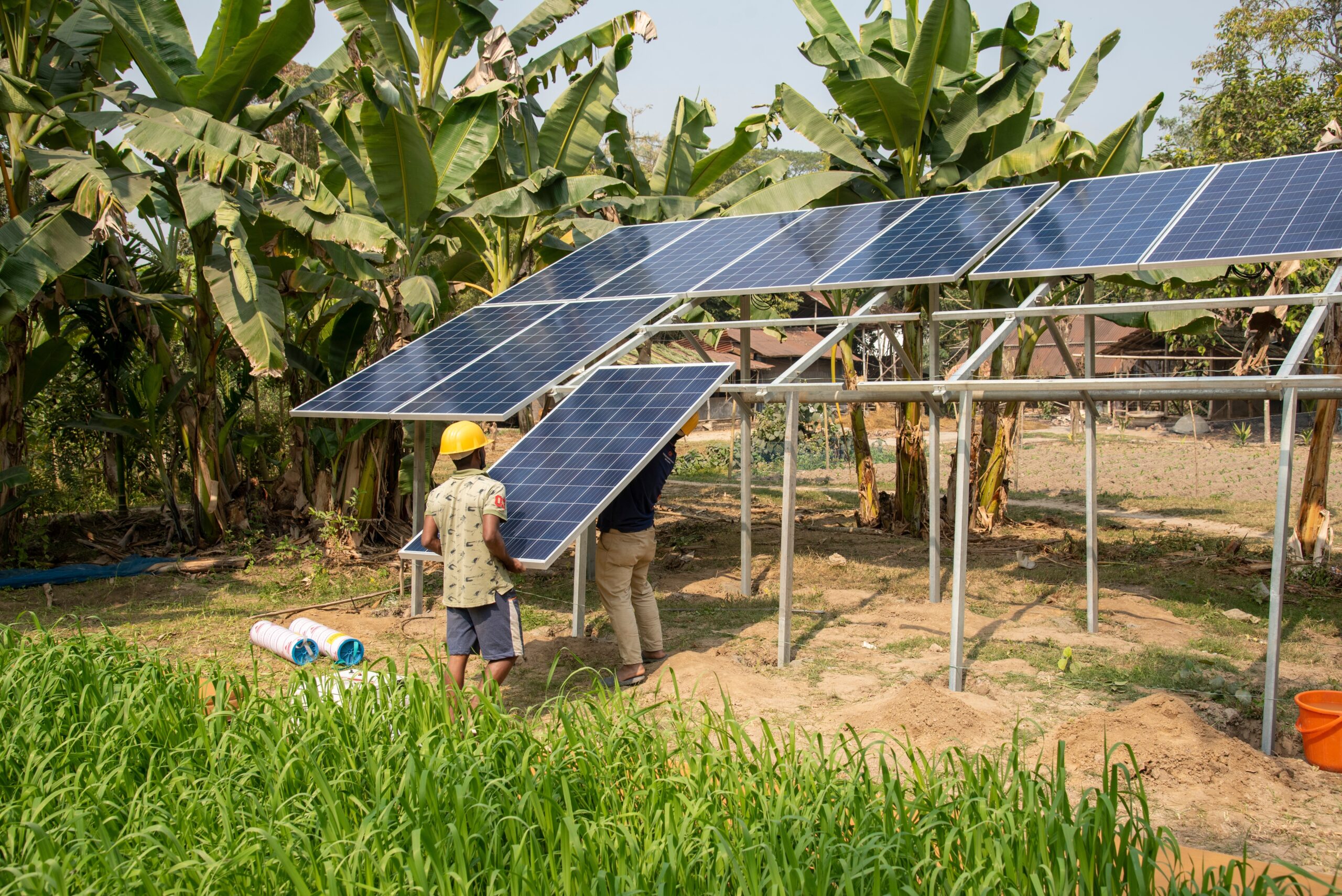
Sustainable Future: Effective Renewable Resource Management
Renewable resource management plays a pivotal role in building a sustainable future. This article explores the key components of effective management strategies for renewable resources and their impact on environmental conservation and long-term sustainability.
Understanding Renewable Resources:
Renewable resources are natural elements that can be replenished over time, such as sunlight, wind, and biomass. Unlike finite resources, effective renewable resource management involves harnessing these abundant sources of energy in ways that minimize environmental impact.
Optimizing Solar Energy:
Solar energy, one of the most abundant renewable resources, requires efficient management strategies. This includes optimizing the placement and orientation of solar panels to capture maximum sunlight, investing in advanced solar technologies, and integrating energy storage solutions to mitigate intermittency.
Harnessing Wind Power:
Wind power, another significant renewable resource, demands careful management to maximize its potential. This involves selecting optimal locations for wind farms, utilizing advanced turbine technology, and implementing grid systems capable of handling the variability associated with wind energy production.
Sustainable Biomass Practices:
Biomass, derived from organic materials, is a versatile renewable resource. Effective management includes sustainable harvesting practices, utilizing waste products for energy production, and ensuring that biomass extraction is within ecological limits, preserving the balance of ecosystems.
Hydropower: Balancing Energy and Ecosystems:
Hydropower, generated from flowing water, is a well-established renewable resource. Balancing energy production with environmental conservation is crucial. Effective management involves optimizing dam operations, implementing fish-friendly turbine designs, and addressing the ecological impact of reservoirs.
Geothermal Energy Efficiency:
Geothermal energy, harnessed from the Earth’s heat, requires efficient extraction and utilization. Sustainable management practices involve identifying geothermal hotspots, employing advanced drilling technologies, and implementing closed-loop systems to minimize environmental impact.
Tidal and Wave Energy Innovation:
Tidal and wave energy, derived from ocean movements, offer immense potential. Managing these resources involves deploying innovative technologies, such as tidal stream generators and wave energy converters, while considering environmental impacts and marine ecosystem preservation.
Grid Integration and Smart Technologies:
To effectively manage diverse renewable resources, grid integration is vital. Smart grid technologies enable real-time monitoring, demand response, and efficient distribution of renewable energy. These advancements enhance the reliability and stability of renewable energy systems.
Policy Frameworks for Sustainability:
Governmental support through effective policy frameworks is instrumental in promoting renewable resource management. Incentives, regulations, and subsidies encourage the adoption of sustainable practices, fostering a conducive environment for renewable energy development.
Community Engagement and Education:
Engaging communities in renewable resource management is essential. Educating the public about the benefits of renewable energy, involving local communities in decision-making processes, and fostering a sense of ownership contribute to the success of renewable energy projects.
Renewable Resource Management – A Holistic Approach:
In conclusion, effective renewable resource management requires a holistic approach that balances energy needs with environmental preservation. By optimizing solar, wind, biomass, hydropower, geothermal, tidal, and wave resources, implementing smart technologies, and fostering community involvement, we can build a sustainable future.
To explore more insights on Renewable Resource Management, visit this link for additional information and resources.



